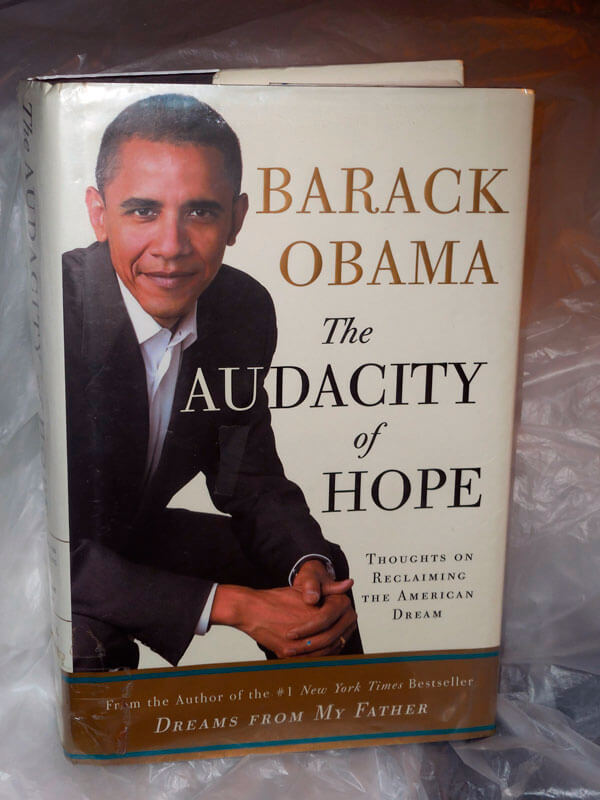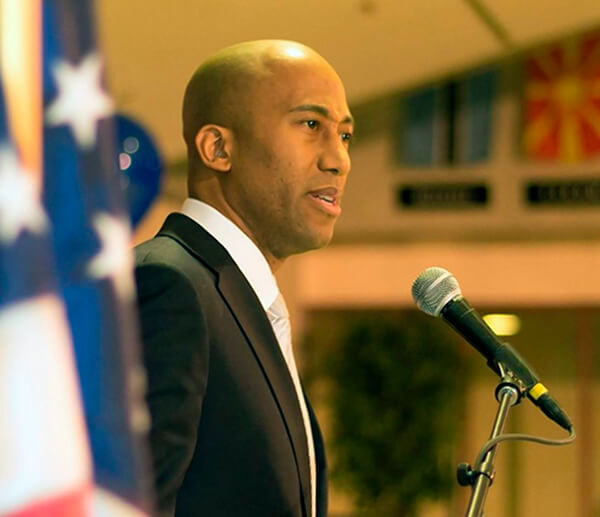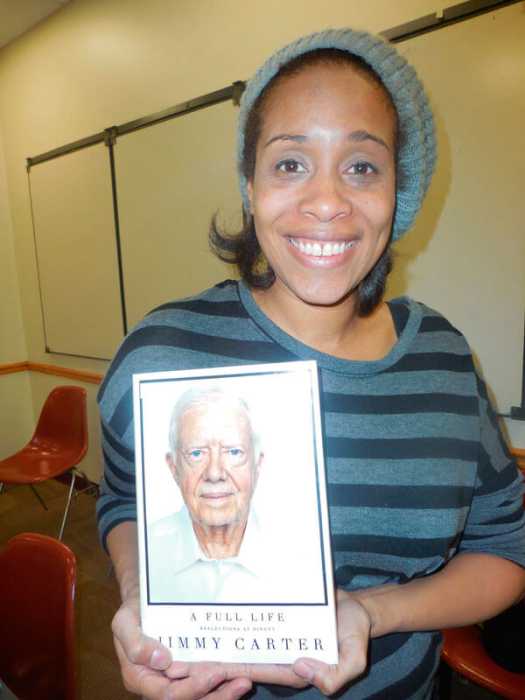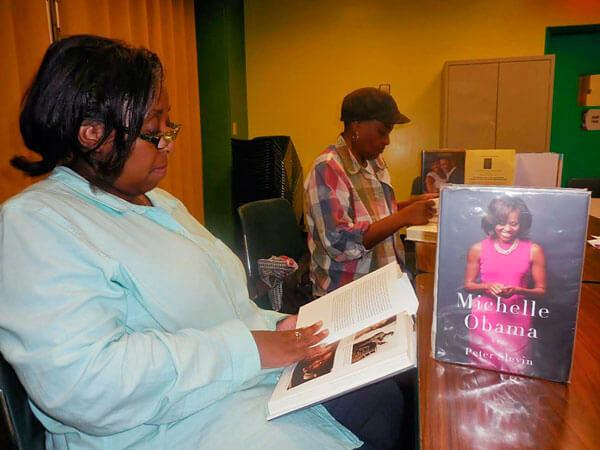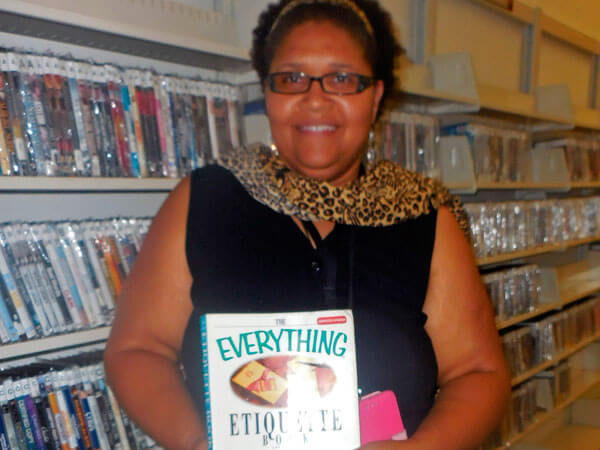I bemoaned the effect of Reagan’s policies toward the Third World: his
administration’s support for the apartheid regime of South Africa, the funding
of El Salvador’s death squads, the invasion of tiny, hapless Grenada.
– President Barack Obama
Perhaps, once during a lifetime we embrace a world leader with all the requisite ideal credentials. During our generation, few dispute the fact President Barack Obama possess these sterling qualities. “The Audacity of Hope”(Crown Publishers: New York) by Barack Obama reconfirms this future world leader’s intelligence, clairvoyant, honorable disposition and inclination to stand away from the elected-public figures on issues not in the public’s best interest.
What was strikingly absent to the public knowledge was the fragile details of well-oiled public support for the invasion of Iraq, premised on unsubstantiated evidence that the Iraqi leader, Saddam Hussein, held weapons of mass destruction. A tactic Obama deciphered was strategic maneuvering in anticipation of the midterm elections. Although a legislator at the time, Obama admits disappointment in the shrewd cover up used by President George W. Bush to obtain the authority to use force in Iraq.
“The Bush Administration resuscitated a brand of politics not seen since the end of the Cold War. As the ouster of Saddam Hussein became the test case for Bush’s doctrine of preventive war, those who questioned the administration’s rationale for invasion were accused of being ‘soft on terrorism’ or un-American.”
Undoubtedly, Obama is a man of integrity. He is unwilling to shield the wealthy or politically powerful from their unscrupulous-destructible behavior and execution of authority. Ironically, on a risky tour of Iraq, with a U.S. delegation, Obama identifies Ahmed Chalabi, the interim government of Iraq’s acting oil minister, at the home of Iraqi interim President Jalal Talabani, with other members of the Iraqi government. According to Obama, Chalabi, “the Western-educated Shi’ite who, as a leader of the exile group the Iraqi National Congress, had reportedly fed U.S. intelligence agencies and Bush policy makers some of the pre-war information on which the decision to invade was made — information for which Chalabi’s group had received millions of dollars, and that had turned out to be bogus. Since then Chalabi had fallen out with his U.S. patrons; there were reports that he had steered U.S. classified information to the Iranians, and that Jordan still had a warrant out for his arrest after he had been convicted in absentia on 31 charges of embezzlement, theft, misuse of depositor funds, and currency speculation,” Obama expresses.
With intelligence and the importance of history at stake, Obama delivers haunting, devastating and unimaginative true stories of the behind the scenes in our government. Remuneration for stirring gang violence is shown to be done with as much ease as paying two or three dollars to a child in Iraq to willingly plant bombs.
Disenchantment with government is not the intellectually-brilliant first modern-day black president of the Harvard Law Review mission. As a husband and father of two girls, his noble objective is to inform and illuminate the truth. In this mesmerizing, interesting must-possess and read book, we are shown a dedicated public servant uninterested in the speedy elevation to wealth but who spends 12 to 16 hours serving his constituents and wanting quality time with his children and wife.
After reading “The Audacity of Hope,” your political portrait of those in government or those who are interested — at any cost to to venture into this political pool — and have significant resources, will likely to be altered. More importantly, Obama leaves a sweetened responsibility in the hands of chronically-depended governments to take charge and citizens of the U.S., to work with reputable international organizations and to make “hard choices and live up to our own ideals,” in this book marked with comforting optimism of structured in change, repair and hope.


